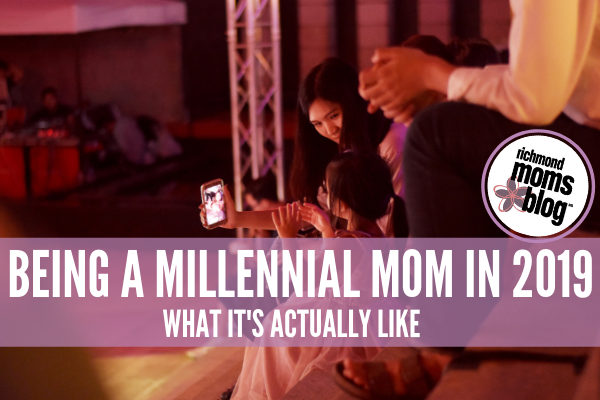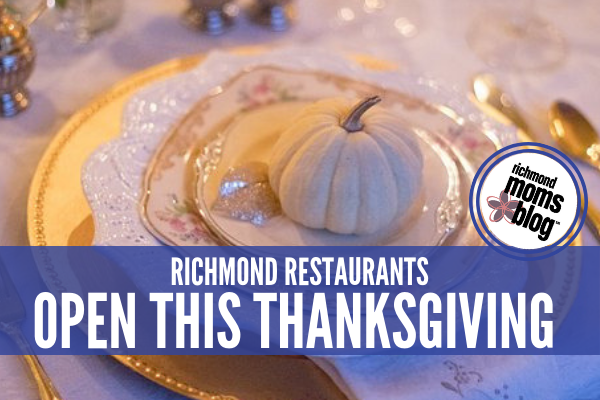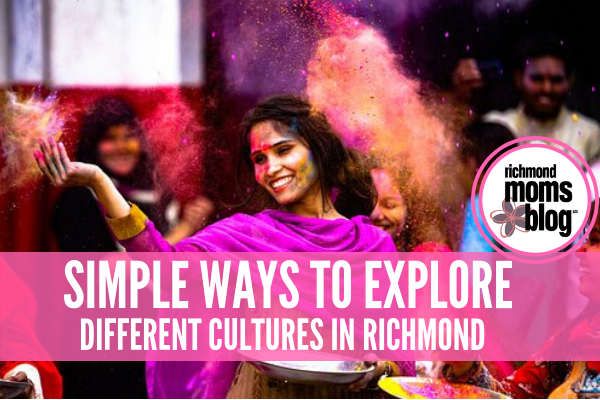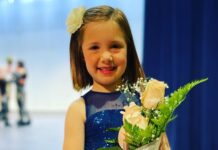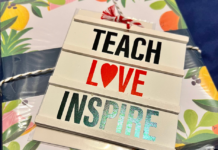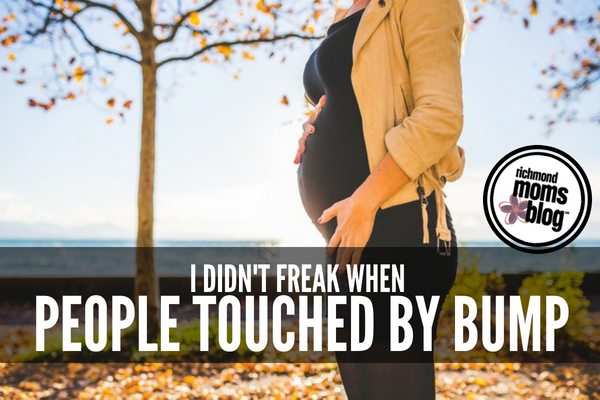I am a Black woman. I am a Black woman with a White mother. I am bi-racial. I am a bi-racial Black woman.
I have ALWAYS known I am Black. I have always known that RACISM is real.
My earliest childhood memory is of our neighbors across the street throwing rocks into our yard because my mother was married to a Black man. I remember my parents’ warnings – do not go across the street – those people are dangerous. I remember them calling my mother a “n****r lover”. It was the first time I had heard that word. I was three years old. My KNOWING I was Black. My KNOWING what racism looks like at three years old.
These KNOWINGS kept me safe.
I remember the second time I heard the N-word. I was in the backseat of my maternal White grandmother’s car. I was about ten years old. My grandmother was honked at by the driver she cut off. She yelled at the man; “Don’t look at ME like that you N****r!”. I was frozen. I remember looking into her rearview mirror. My eyes locked with hers – mine filled with tears. She was embarrassed. I was hurt. She looked ashamed. I was appalled. She was remorseful. I was terrified.
My grandmother instantly apologized to me; “I am so sorry Leah” she said. I replied, “But he is the one you SHOULD be apologizing to”. We NEVER discussed it again. I never told my mother. I never told my siblings or my cousins what had happened. I swallowed this pain that cut me to the core. Though I was a child that surely deserved protection, I felt like I needed to protect her.
Race is a funny thing. It is purely a social construct.
Over time, my mother’s family evolved their thinking. My grandmother loved me dearly. I am certain I was her favorite. My grandmother was also a racist.
I remember growing up never seeing other people of color enter her home. I remember my father waiting in the driveway when I was a child. He was not welcome in her home. I remember my older brother being invited to church with my grandmother – he could pass for White. I was never invited – instead I, her darkest grandchild, would stay at her home alone. I remember my grandmother calling me a “picaninny” as a term of endearment. I didn’t know what it meant, but I knew it was a racial slur. My grandmother loved me – and for a period of time in her life, my grandmother was also a racist.
I remember laughing, traveling, eating out, and shopping with my grandmother. I spent nearly every weekend of my childhood at her home. She attended every school program, concert, graduation, and awards ceremony. She ALWAYS made sure I had what I needed. She cheered my success and supported my interest. She bought me my first concert tickets – Michael Jackson – when I was in eighth grade.
My grandmother cared for me and filled in the gaps – like all grandparents do. She helped me prepare to go to college, an HBCU (Historically Black College/University, clear across the country in Virginia. She called me frequently, sent care packages, told me she was proud of me, and always told me she loved me.
My grandmother, for a time in her life, was a racist.
In some ways, my grandmother taught me some of my most profound lessons on racism. Racism is hurtful. Racism is sometimes unconscious. Racism can be blatant. Racism hurts, and the pain does not ease with time. My grandmother was a White woman. My grandmother had a Black granddaughter.
My grandmother was a racist. I am a BLACK WOMAN. I am a Black woman with a White mother. I am bi-racial. Having a White mother NEVER protected me from racism. I am a bi-racial Black woman. I am complicated. My story is layered.
My grandmother was a white woman. She had a Black granddaughter. My grandmother’s racism taught me about forgiveness. My grandmother’s racism taught me about resilience. My grandmother helped me to become the woman I am today. Without her love, I would have been lost.
My grandmother showed me that LOVE is the key to conquering hate.
Relationships matter and they make all the difference in changing beliefs. Because she loved me, my grandmother changed. Because of her, I remain hopeful and committed to eradicating racism from the minds and hearts of our nation.

A special thank you to guest author Leah Walker for sharing her heart with us!

Leah Dozier Walker is a proud powerhouse mom of two daughters. Leah has devoted her career to public service and social justice. Leah currently serves as the Director for Equity and Community Engagement at the Virginia Department of Education where she leads statewide efforts aimed at advancing education equity, closing the achievement gap, and decreasing disproportionality in student outcomes. Leah recently completed terms on the Virginia Indian Advisory Board and the Governor’s Board for Service and Volunteerism. In 2018, Style Weekly named Leah to its annual “Power List” as one of the most influential people in education in the Richmond region and in 2020 VCU named her to its annual alumni power list.
Leah writes and inspires other through her blog and has been published on various sites. To follow her and be inspired to create change, head to BeImpacted.


